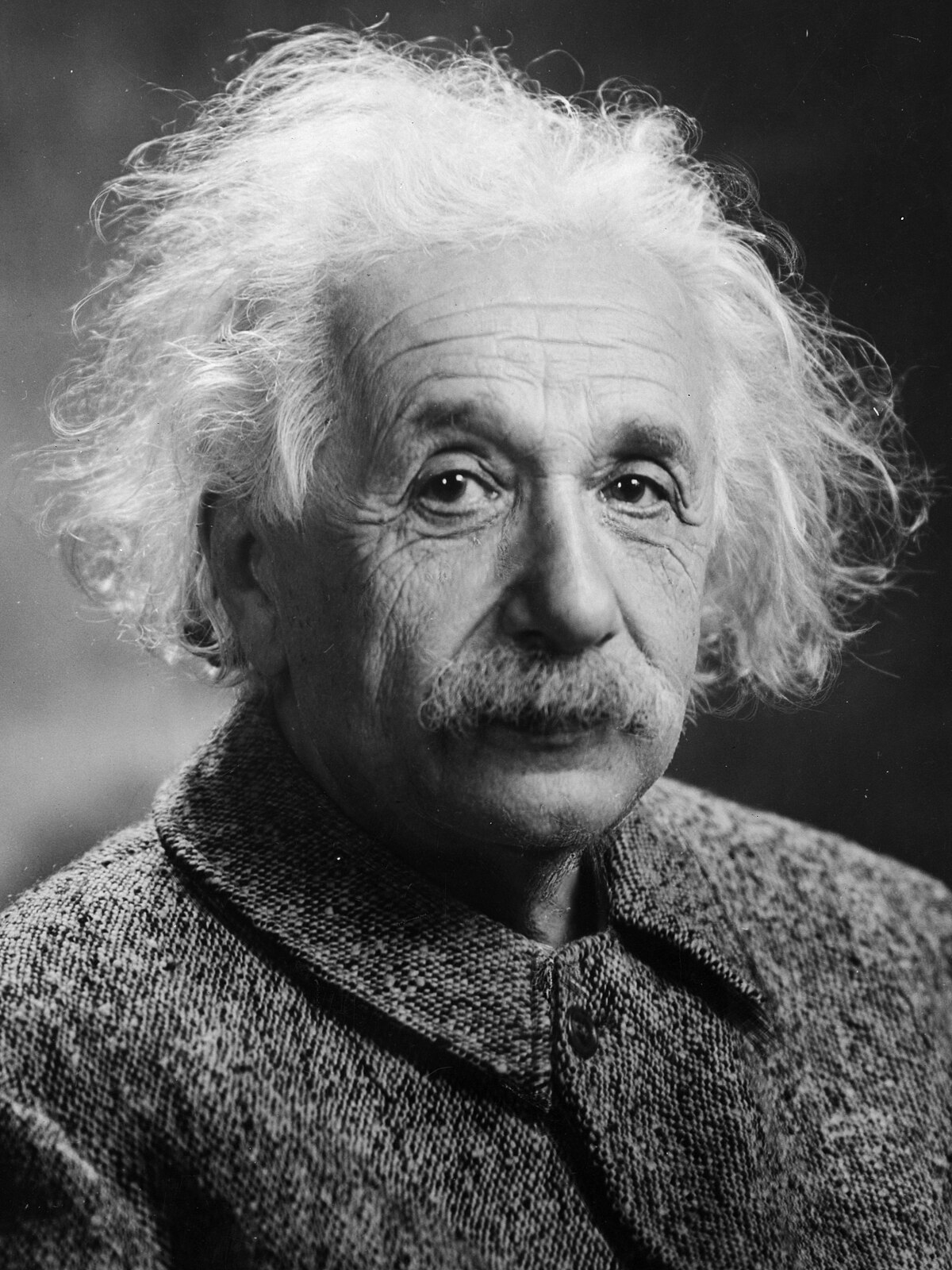As we enter a new era characterized by rapid advancements in technology, one cannot help but ponder the potential implications of quantum computers on our understanding of the universe. What would Albert Einstein, often regarded as the father of modern physics, think about these remarkable devices that leverage the peculiar principles of quantum mechanics? This playful question offers us both a historical reflection and a profound intellectual challenge.
To properly frame this discussion, it is essential to juxtapose Einstein’s well-known skepticism regarding quantum mechanics with the transformative potential of quantum computing. Throughout his life, Einstein famously critiqued the indeterministic nature of quantum mechanics, encapsulated in his phrase “God does not play dice.” He believed that the theory was incomplete and sought a more deterministic framework. The development of quantum computers could potentially serve as a litmus test for Einstein’s reservations, challenging his philosophical stance while simultaneously presenting opportunities for unprecedented computational capabilities.
At the core of quantum computing lies the qubit, an enigmatic entity that surpasses the capabilities of classical bits, which are confined to binary states of 0 or 1. In contrast, qubits can exist in superpositions of these states, allowing them to represent multiple possibilities simultaneously. This characteristic positions quantum computers to execute complex calculations at a speed unattainable by classical machines. Einstein, a pioneer of the theory of relativity, might be intrigued by how quantum computers encapsulate the principles of superposition and entanglement—phenomena he critiqued in his lifetime. Would he embrace this new computational paradigm, or would he rail against it, insisting that the underlying physics remain unresolved?
Moreover, the interplay between quantum mechanics and relativity is a rich vein of inquiry that continues to baffle physicists. Einstein dedicated much of his career to developing a unified field theory which seeks to unify the fundamental forces of nature. Quantum computers, in their inherent complexity, could provide empirical tools capable of revealing new insights into the fabric of spacetime. Would Einstein view quantum computers as allies in the quest for a grand unification, or would he perceive them as a distraction—an alluring yet fundamentally incomplete approach to understanding reality?
The potential applications of quantum computing also beckon contemplation. These devices promise to revolutionize fields such as cryptography, materials science, and artificial intelligence. For instance, quantum computers could perform factorization of large numbers exponentially faster than classical computers, threatening the very foundations of current cryptographic protocols. Einstein might have found this aspect particularly compelling, as it introduces a new realm of security and privacy challenges. Would he advocate for an ethical framework surrounding the use of such transformative technology, reinforcing the need for conscientious stewardship of scientific advancements?
Furthermore, the burgeoning field of quantum machine learning exemplifies another intersection of artificial intelligence and quantum computation. Harnessing the non-classical properties of quantum systems to augment machine learning algorithms could yield advancements in data analysis beyond our current comprehension. The implications are profoundly philosophical. If quantum computers enable machines to learn and adapt in ways that mimic or even surpass human intelligence, would Einstein’s thoughts on consciousness and the uniqueness of human cognition evolve? It is conceivable that he would question the very essence of thought itself, challenging us to re-examine the boundaries between human and artificial intellect.
Despite the exciting prospects that quantum computers present, we must also address the formidable challenges that beset this nascent technology. Quantum error correction, decoherence, and scalability remain significant hurdles that demand innovative solutions. Einstein, with his preference for elegance in theoretical formulations, might hesitate at the convoluted architecture often required for quantum algorithms. Would he see the clunky attempts to reconcile quantum phenomena with practical utility as cumbersome aberrations or as heroic efforts in the name of progress?
One cannot ignore the sociopolitical ramifications of quantum computing as well. As nations invest heavily in quantum research and development, the potential for a new technological arms race looms large. Would Einstein champion international collaboration, advocating for a cooperative approach to quantum research to prevent the monopolization of knowledge? Or would he warn against the perils of unchecked ambition in scientific pursuits, urging a commitment to utilizing quantum technologies for the betterment of humanity? His legacy urges us to confront such questions thoughtfully.
As we unpack the probabilistic tapestry of quantum computing, we must also contemplate its implications on foundational physics. The reconciliation of quantum mechanics and general relativity remains one of the most tantalizing challenges in theoretical physics. Would Einstein find solace in the potential of quantum computers to aid in simulations and experiments that could elucidate the nature of black holes, wormholes, and the very structure of spacetime? The intersection of quantum computing with astrophysics and cosmology could yield rich insights, perhaps even allowing us to glimpse phenomena that he himself theorized.
In conclusion, the hypothetical insights of Albert Einstein regarding quantum computers offer a complex interplay of admiration, skepticism, and profound inquiry. His thoughts would likely oscillate between playful exploration and rigorous critique, prompting a deeper examination of the philosophical implications of this technology. Whether he would embrace or challenge this quantum revolution, his legacy compels us to navigate these waters with both curiosity and caution, mindful of the responsibilities that accompany such remarkable advancements. The dance between quantum mechanics and computational innovation has only begun, and as we step into this realm, a profound legacy invites us to think deeply about the future we are creating.












